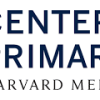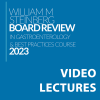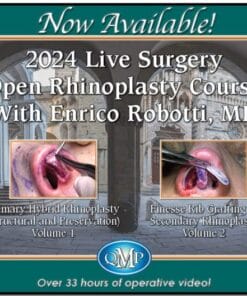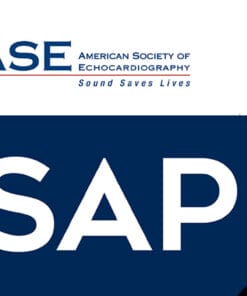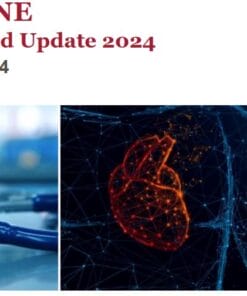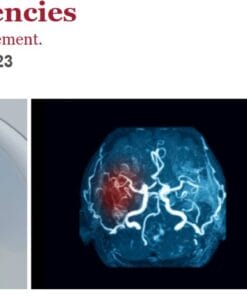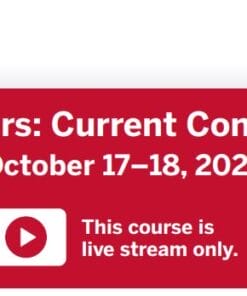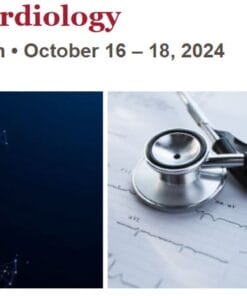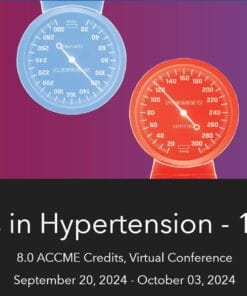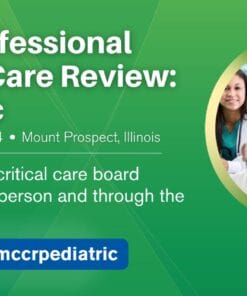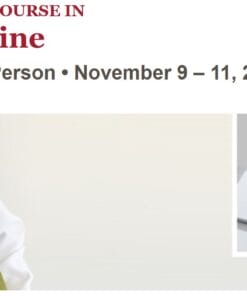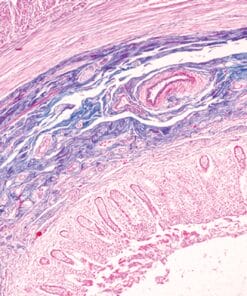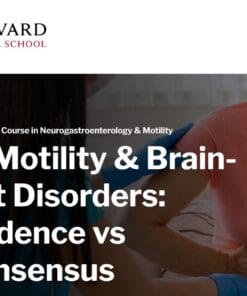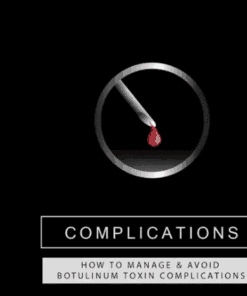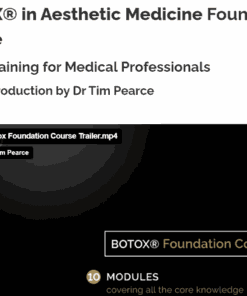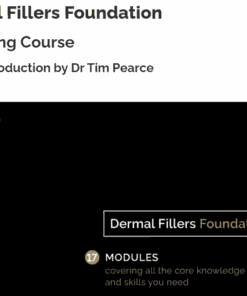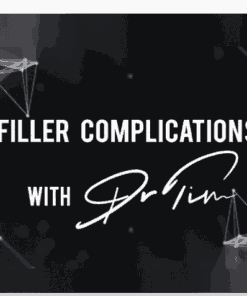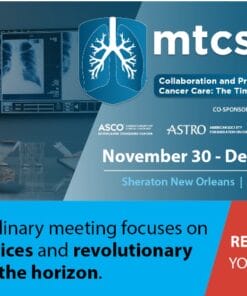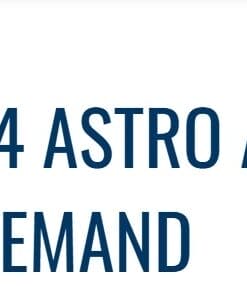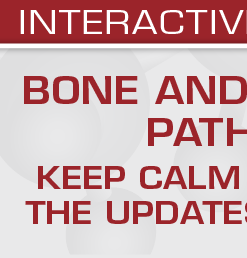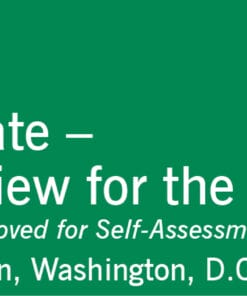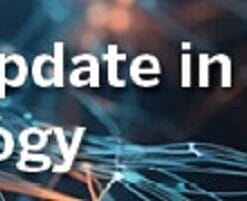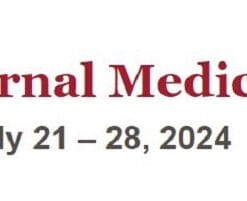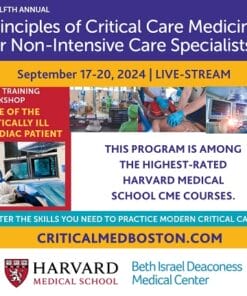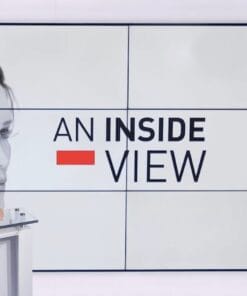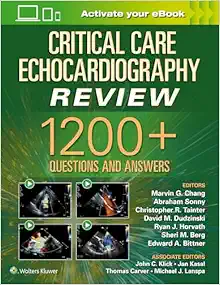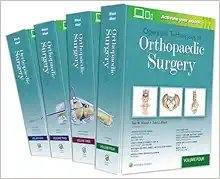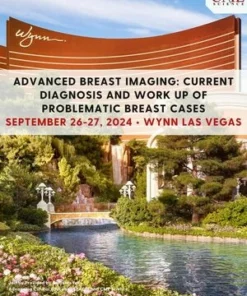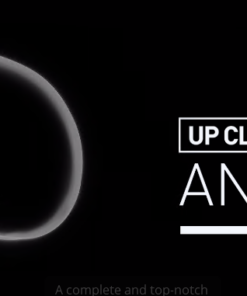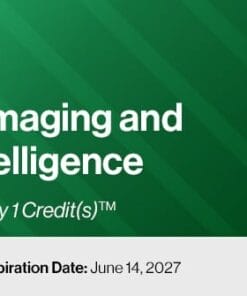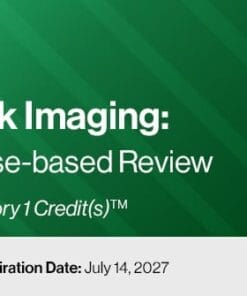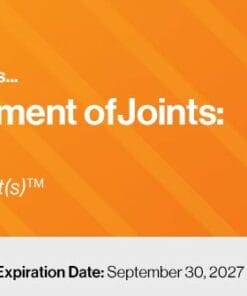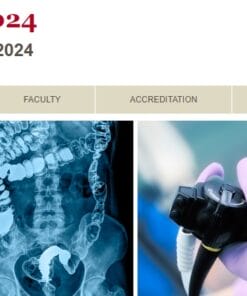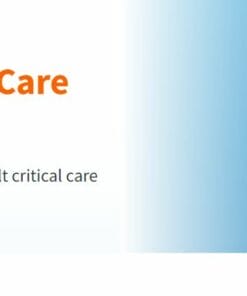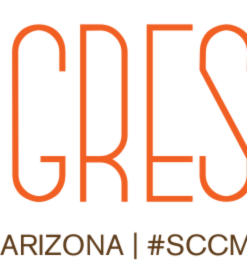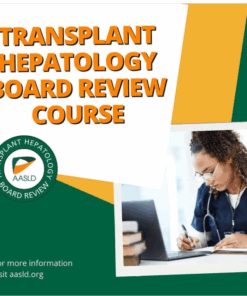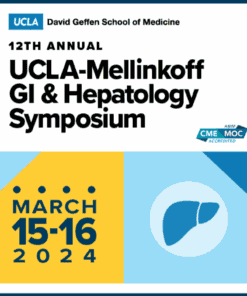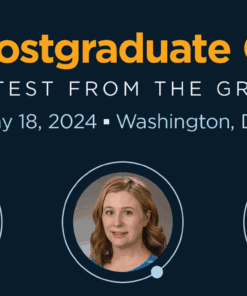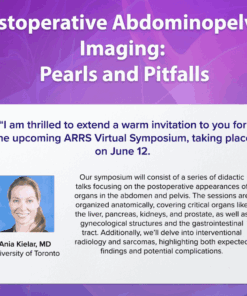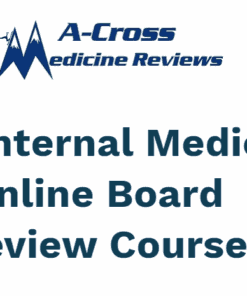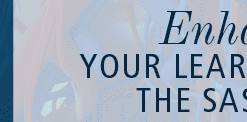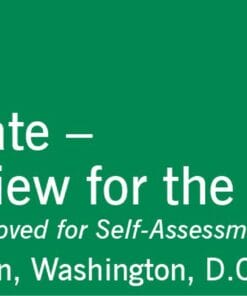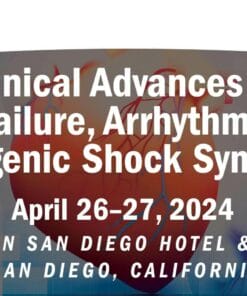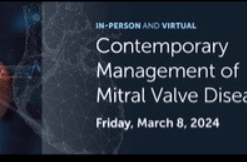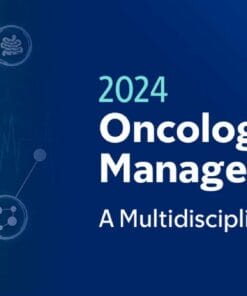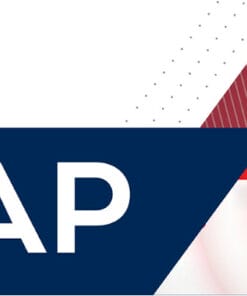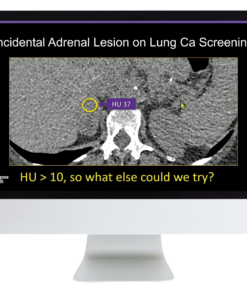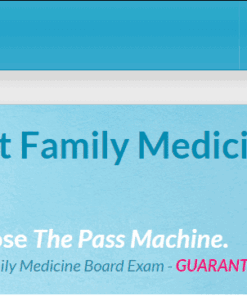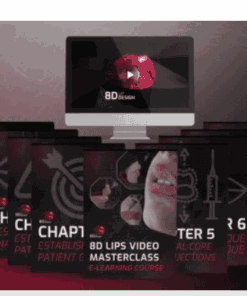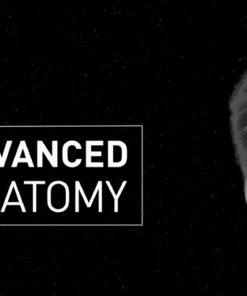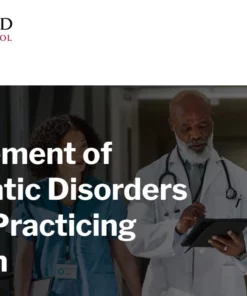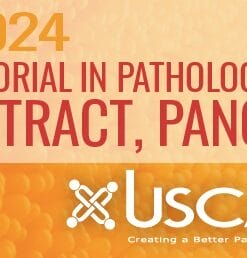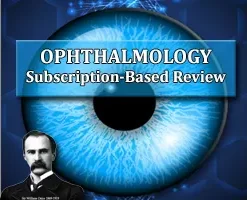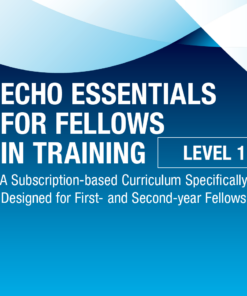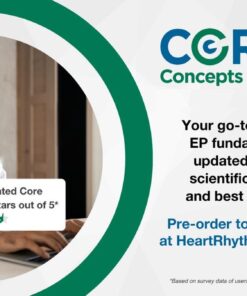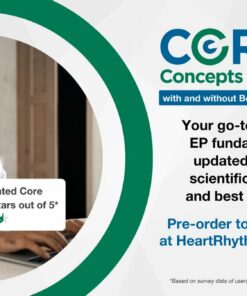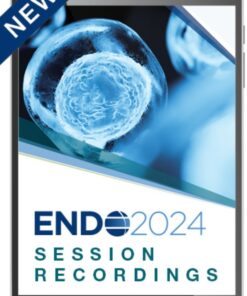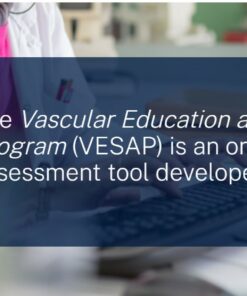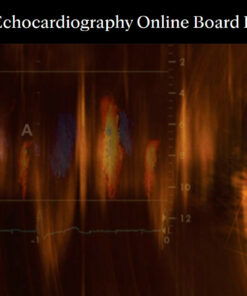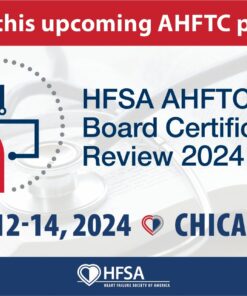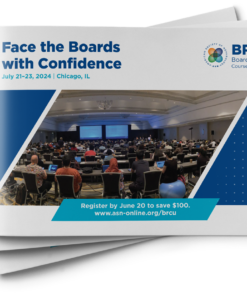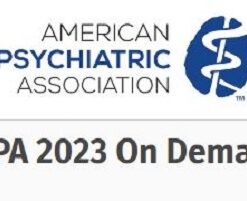Harvard 31st Annual Update in Neurology (Course 2023)
In the ever-evolving realm of neurology, staying current with the latest research, guidelines, and best practices is not just an advantage but a necessity. Harvard’s 31st Annual Update in Neurology, slated for October in the year 2023, offers a comprehensive platform for medical professionals to enhance their knowledge and skills. Here’s what you need to know about this essential event.
Event Details
Event Date: October (Course 2023)
Target Audience
The Harvard 31st Annual Update in Neurology welcomes a diverse range of healthcare professionals, including:
- Physicians: Whether you’re a seasoned neurologist or a specialist in another field, this event equips you with the latest insights in neurological care.
- Physician Assistants: PAs seeking to broaden their neurological expertise will find this event invaluable.
- Nurses: Nurses play a crucial role in patient care, and this course ensures they are well-informed about neurological conditions.
- Nurse Practitioners: NPs specializing in neurology will benefit from the wealth of knowledge and experience shared at this event.
Learning Objectives
The course is designed to achieve several key learning objectives, including:
- Updated Research and Guidelines: Participants will gain the ability to apply the most recent research and guidelines in the diagnosis and treatment of common neurological conditions, ultimately improving patient care.
- Neurological Care in Resource-Constrained Environments: Understanding the principles of delivering neurological care in resource-limited settings is vital. This course equips attendees with the knowledge to navigate such challenges effectively.
- Immune-Mediated Neurological Diseases: Recognizing immune-mediated neurological diseases and initiating appropriate therapy is crucial for providing the best patient care.
- Cognitive Error Awareness: Identifying the most common causes of cognitive error in the diagnosis and treatment of neurological diseases is essential to avoid misdiagnoses and mistreatment.
- Types of Seizures and Mimickers: Distinguishing between various types of seizures and conditions that mimic them is vital for accurate diagnosis and treatment.
- Headache Disorders and Dizziness: Participants will learn to recognize and treat both common and uncommon headache disorders and dizziness, ensuring improved patient outcomes.
- Prevention and Management of Stroke: Summarizing effective stroke prevention and management strategies is a central focus of this course, given the critical nature of stroke care.
- Diagnosing and Treating Complex Neurologic Problems: In both outpatient and inpatient settings, attendees will develop strategies for diagnosing and treating complex neurologic issues, further enhancing their capabilities in patient care.
In the dynamic landscape of neurology, continuing education and staying updated are essential. The Harvard 31st Annual Update in Neurology equips you with the knowledge and skills needed to excel in neurological care. Join us and embark on a journey of professional growth and enhanced patient care.
(Course 2023) Agenda
All agenda sessions are in Eastern Time.
Monday, October 9, (Course 2023)
Introduction
Updates in Alzheimer’s Disease
Dennis J. Selkoe, MD
Q&A
State-of-the Art Approaches to the Diagnosis of Dementia
Scott M. McGinnis, MD
Q&A
State-of-the-Art Approaches in the Treatment of Dementia
Seth A. Gale, MD
Q&A
State-of-the-Art Diagnosis of Demyelinating Disease, MS, NMOSD, and MOGAD
Tanuja Chitnis, MD
Q&A
Break
Coma and Disorders of Consciousness*
Martin A. Samuels, MD
Q&A
Updates in the Diagnosis and Medical Management of Parkinsonism
Albert Y. Hung, MD, PhD
Q&A
Non-Pharmacologic Therapy of Movement Disorders
Michael T. Hayes, MD
Q&A
Advances in Our Understanding of Hyperkinetic Movements
Edison K. Miyawaki, MD
Q&A with Course Directors
Sashank Prasad, MD; Tamara B. Kaplan, MD; Isabel Arrillaga-Romany, MD, PhD
Tuesday, October 10, (Course 2023)
Concussion and Sports-related Neurological Injuries: Guidance to Improve Patient Outcomes
Claus Reinsberger, MD
Q&A
Visual Disturbances
Sashank Prasad, MD
Q&A
State-of-the-Art Approaches in Stroke Prevention and Treatment Prevention and Treatment
Mariel G. Kozberg, MD, PhD
Q&A
Updates in Genetics of Cerebrovascular Disease
Patricia L. Musolino, MD, PhD
Q&A
Break
Current Approach to Myopathies
Vijay S. Ganesh, MD, PhD
Q&A
Keynote: How Neurologists Think: What My Errors Taught Me*
Martin A. Samuels, MD
Q&A
Neurologic Emergencies: Quick Identification and Steps to Optimize Patient Outcomes
Bradley J. Molyneaux, MD, PhD
Q&A
Brain Tumors in (Course 2023): State-of-the-Art and Emerging Treatment Options
Tracy T. Batchelor, MD, MPH
Q&A with Course Directors
Sashank Prasad, MD; Tamara B. Kaplan, MD; Isabel Arrillaga-Romany, MD, PhD
Wednesday, October 11, (Course 2023)
Best Practices for Diagnosing and Managing Psychogenic Non-Epileptic Seizures
Barbara A. Dworetzky, MD
Q&A
Challenging Epilepsy Cases in Pregnancy
Paula Emanuela Voinescu, MD
Q&A
Updates in Pharmacological Treatment of Epilepsy
Jong Woo Lee, MD, PhD
Q&A
New Concepts in Non-Pharmacologic Treatment of Epilepsy
Ellen J. Bubrick, MD
Q&A
Break
Studying Functional Networks and Targeting Stimulation Treatment of Neuropsychiatric Diseases
Michael D. Fox, MD, PhD
Q&A
Neurogenetics and Impact on Clinical Practice
Scott R. Plotkin, MD, PhD
Q&A
Below-the-Belt Neurology: Bladder, Bowel & Sexual Dysfunction
Tamara Kaplan, MD
Q&A
Keynote: State-of-the-Art Treatment of ALS
James D. Berry, MD, MPH
Q&A with Course Directors
Sashank Prasad, MD; Tamara B. Kaplan, MD; Isabel Arrillaga-Romany, MD, PhD
Thursday, October 12, (Course 2023)
Neurological Complications of Checkpoint Inhibition and Other Immunotherapies in Cancer Patients
Isabel Arrillaga-Romany, MD, PhD
Q&A
Evolving Uses of Imaging in Neurology
Joshua P. Klein, MD, PhD
Q&A
Optimizing Your Approach to Treating Multiple Sclerosis
Eric C. Klawiter, MD
Q&A
Modern Diagnosis and Treatment of Cerebellar Ataxias
Jeremy D. Schmahmann, MD
Q&A
Break
Update on Diagnosing and Treating Eye Movement Disorders
Robert M. Mallery, MD
Q&A
Neurology of Skull Base Lesions
Bart K. Chwalisz, MD
Q&A
Treating Neurological Cancer
Eudocia Quant Lee, MD, MPH
Q&A
Alcohol Associated Neurological Disorders
Michael E. Charness, MD
Q&A with Course Directors
Sashank Prasad, MD; Tamara B. Kaplan, MD; Isabel Arrillaga-Romany, MD, PhD
Friday, October 13, (Course 2023)
Neuropathy and Neuromuscular Junction: Cases Offering Clinical Pearls
Christopher T. Doughty, MD
Q&A
Updates in the Neurologic Impact of COVID
Giovanna S. Manzano, MD
Q&A
Contemporary Issues in Women’s Neurology
Mary Angela O’Neal, MD
Q&A
Neuroprognotication, Coma and Recovery
Michael J. Young, MD
Q&A
Break
Unusual and Difficult Cases of Headache-Diagnostic Challenges
Brian E. McGeeney, MD, MPH, MBA
Q&A
Delivering the Best Care for Neck and Back Pain
Shamik Bhattacharyya, MD
Q&A
New Treatment Options for Migraine
Elizabeth W. Loder, MD, MPH
Q&A
Treating Headache with Integrative Therapies
Carolyn A. Bernstein, MD
Lessons in Global Neurology
Farrah J. Mateen, MD, PhD
Q&A with Course Directors
Sashank Prasad, MD; Tamara B. Kaplan, MD; Isabel Arrillaga-Romany, MD, PhD
Related Products
Video Medical


